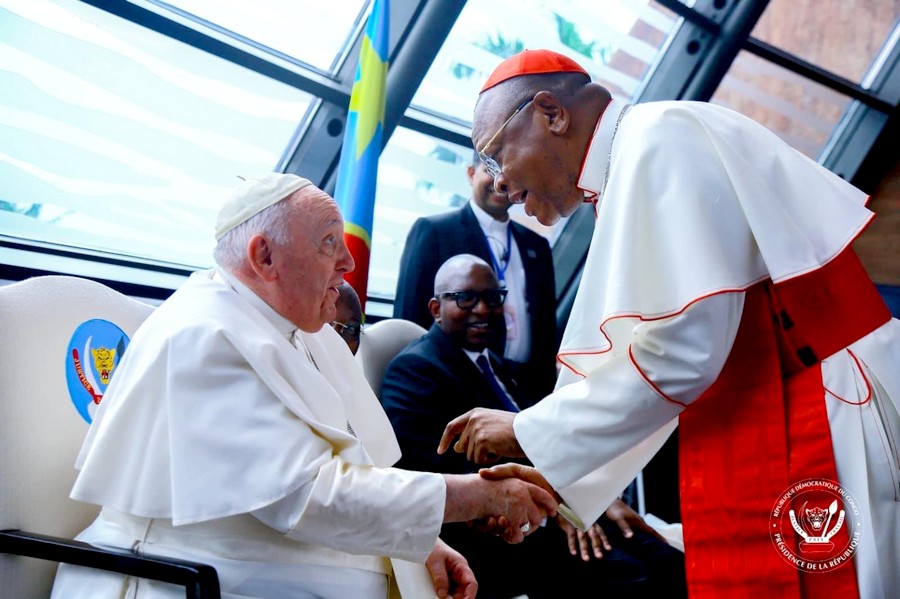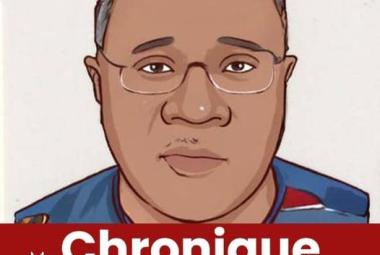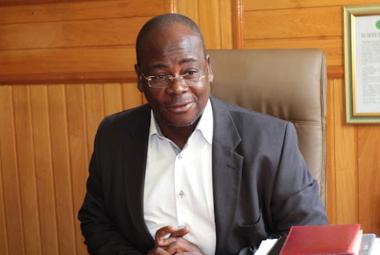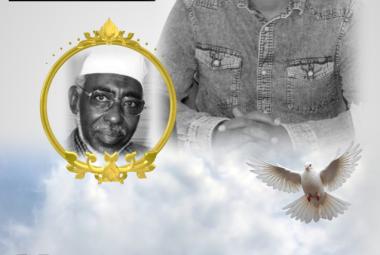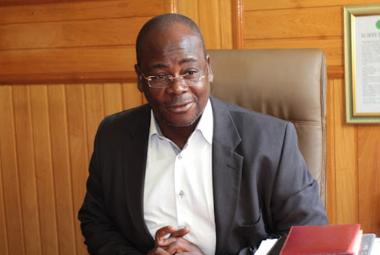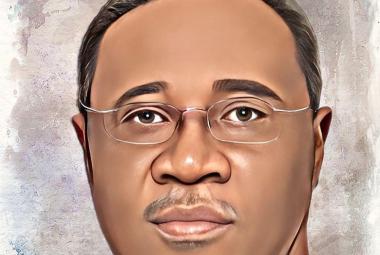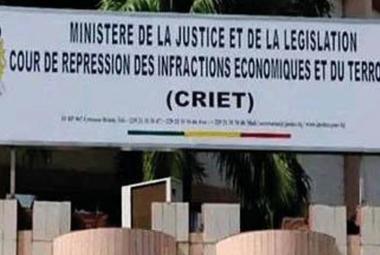In the Gospel according to Saint Matthew, it is reported as follows: "At that time, as Jesus had entered Capernaum, a centurion (an officer of the Roman army which then occupied Palestine, the country of Jesus) approached him and begged him, "Lord, my servant is lying at home paralyzed and in terrible pain. Jesus said to him, "I will go and heal him myself." The centurion continued: “Lord, I am not worthy that you come under my roof, but only speak the word and my servant will be healed. Since then, Christians have repeated this sentence every day in their prayers: "Lord, I am not worthy to receive you, but just say the word and I will be healed." And many Christians, especially Africans, believe so much in the power of the word and in its therapeutic virtues, that they spend fortunes to hear pastors tell them “I heal you in the name of Jesus."
These days, Pope Francis, head of the Catholic Church, was in the Democratic Republic of Congo (DRC) where his word was eagerly awaited. And the Pope did not disappoint the Congolese. He said exactly, and even more, than they expected. He thus denounced the "economic colonialism of the West" and "the systematic looting of Congolese minerals", he spoke of a forgotten genocide, denounced the occupations of villages and attempts to partition this space, challenged the Congolese elite on the scourge of corruption, and called for "transparent and credible" elections. He was scheduled to travel to the east of the country, which has been plagued for more than twenty years by a bloody war waged by remote-controlled militias from outside, with the aim of getting their hands on the fabulous riches of this part of the country, but he had to give it up for security reasons. However, he received nationals from this bruised region and told them the words they were waiting for and which undoubtedly healed them. All observers say that the Pope's visit was a great success, since he mobilized millions of people and, judging by the comments of the Congolese that I have heard or read in the media, they are very happy with the words spoken by the sovereign pontiff. Did these words heal them? It all depends on what is called healing. What is certain is that the Congolese Catholics are very happy, and that is the most important thing.
After the DRC, the Pope went to South Sudan, the youngest country in the world, since it was the last to gain independence. This country has, like its neighbor the DRC, immense wealth, but it has been bloodied by a cruel war since its birth. There too, the head of the Catholic Church will speak words that the people expect and he will return home.
What will happen next in the DRC and South Sudan? Absolutely nothing. Conflicts will continue, civilian populations will continue to be massacred and the resources of these countries will always be plundered, while Christians will be praying, eyes closed, and Bibles in hand. The Pope cannot ignore why the women of these two countries are daily raped and mutilated, why the men, women, children, the elderly of these countries have been massacred for more than twenty years in the case of the DRC. It is to monopolize the wealth of these countries. And the Pope is not unaware of who benefits from these riches, and who could rightly be suspected of being the sponsor of these crimes. He knows that the sponsors are on the side of the world where he lives. It is there that he must try to stir up consciences. The rest of us have been taught for centuries to be satisfied with words. In the name of the “word of God” we have been reduced to slavery. In the name of this “word of God”, we have been colonized. And we continue to be plundered and massacred while we listen to this “word”. Oh yes ! We believe so much in the power of words that in our country, for example, some of us prefer to blindly follow those who have only words to offer them, rather than those who are working concretely to improve their lives and whose works are very visible. My word ! What are we made of? “In the beginning was the word” says a sacred book which was imposed on us. And the African spoke, this word which he hopes will free him, heal him, lead him to paradise, leaving the material goods of the earth to others, who, my faith, enjoy them very well and without embarrassment. It was indeed Jomo Kenyatta who said this sentence: “When the Whites arrived, they gave us the Bible and asked us to close our eyes and pray. What we have done. When we opened our eyes, they had taken our land and we were left with only the Bible in our hands."
By Venance Konan
*This article has been translated from French into English by Marcus Boni Teiga



